Cemeteries submerged in Pakistan due to floods
Cemeteries submerged in Pakistan due to floods: Difficult to find burial place, people performing last rites in hills

This year floods and landslides have caused great destruction in Pakistan. In the remaining graveyard of the village, Ali Akbar is searching for solid ground between the marshy land and the green water. The cemetery was submerged a few weeks ago due to incessant heavy rains. The whole village had become an island. The only source of income was the destruction of the crops in the field. There was a shortage of food and clean water to drink.
Ali Akbar's mother, 28, died of malaria. He scoured the entire cemetery but the dry land was nowhere to be seen. Many families in Pakistan are still grappling with the question of where to bury the dead bodies of the family.
The rains have wreaked havoc for almost four months. Signs of destruction are visible everywhere. There is still water in some areas. All 80 families, including Akbar Ali, have been destroyed in Kamal Khan village of Dadu district, one of the most affected areas of South Pakistan. His home, livelihood and even the means of cremation were affected. At the end of August, a horrific orgy of rain engulfed everything for 36 consecutive hours.
A few days later swarms of mosquitoes brought with them malaria and dengue. Many villages including Kamal Khan became victims of malaria, diarrhea and other diseases. One day the ten-year-old Iman fainted after several vomitings. He was taken to Grandpa. Where hospitals were crowded with patients. Iman was suspected of having malaria or dengue.
The nurses sent him to the big hospital in Sehwan. Mother Naseeba says Iman could not be saved there. Naseeba and her husband returned to the village. But, the local cemetery was submerged in water. He was buried in another village. There too, after walking in the water for hours, hardly a little dry place could be found.
Last week Akbar's mother Sahti was asked to be taken to a hospital in the big city of Hyderabad in Sindh province after she contracted malaria. There was no boat or any other means to get out of the village. One night Sahti died. The mother wished that she should be buried next to her husband's grave. Akbar tells, because of the water in the graveyard, this could not be possible. The body of the mother had to be taken to a hill and buried.
Nearly 1700 people have died in four months of rain and floods. Hundreds of homes, schools, hospitals and bridges have been destroyed. Not long ago, officials warned of a second wave of deaths from outbreaks of malaria, dengue, fever and diarrhea. About three crore 30 lakh people have been affected by the floods.
Many people in Sindh's Dadu district have had to bury the bodies of their loved ones on the streets and other places as graveyards are flooded. Stones have been set over the tombs between rows of tents. Many bodies have been cremated near embankments and walls built to escape flood waters. Many people have cremated the bodies in high dunes and hills.
For Latest News update Subscribe to Sangri Today's Broadcast channels on Google News | Telegram | WhatsApp

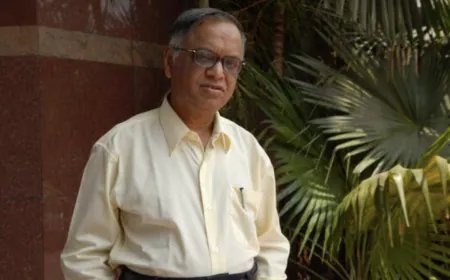
































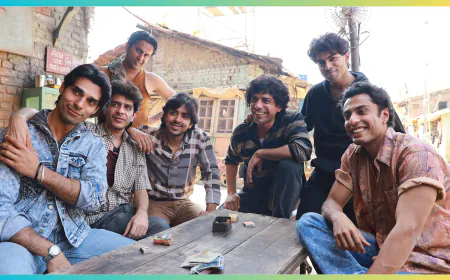


.jpeg)






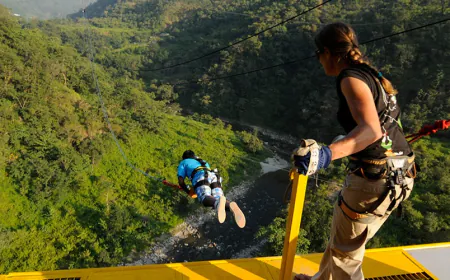


















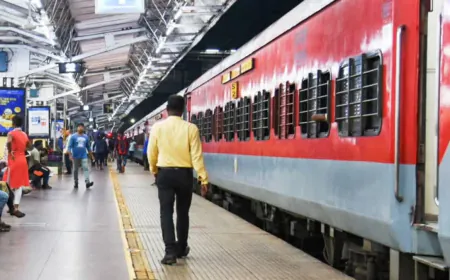

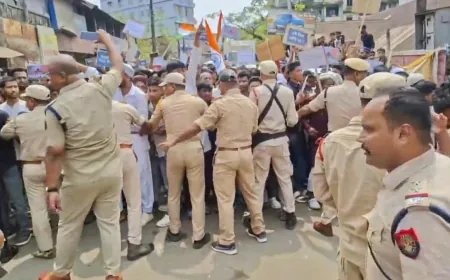













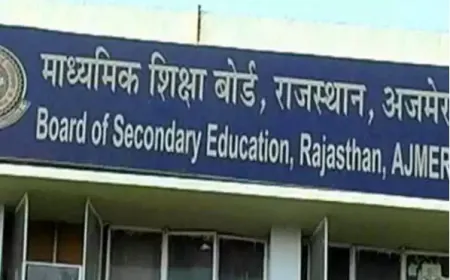

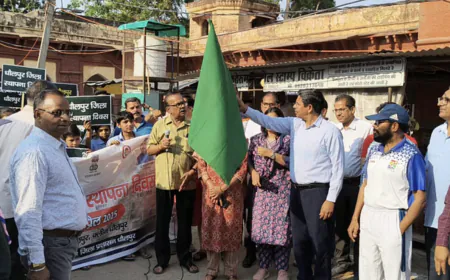
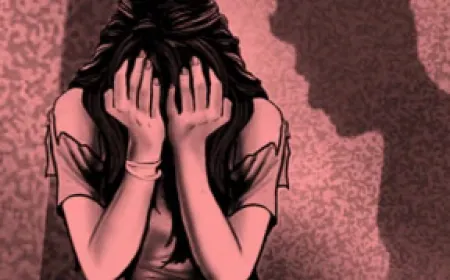
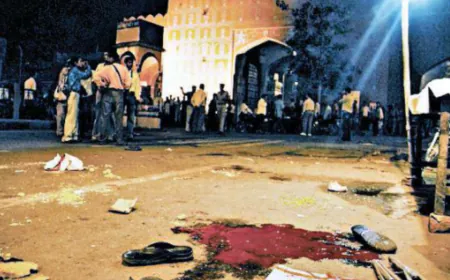
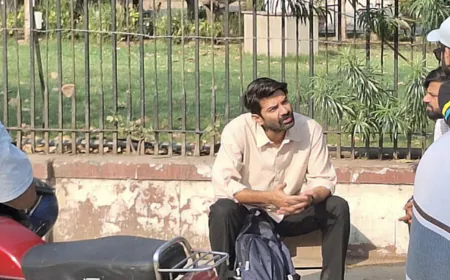
































.jpeg)














